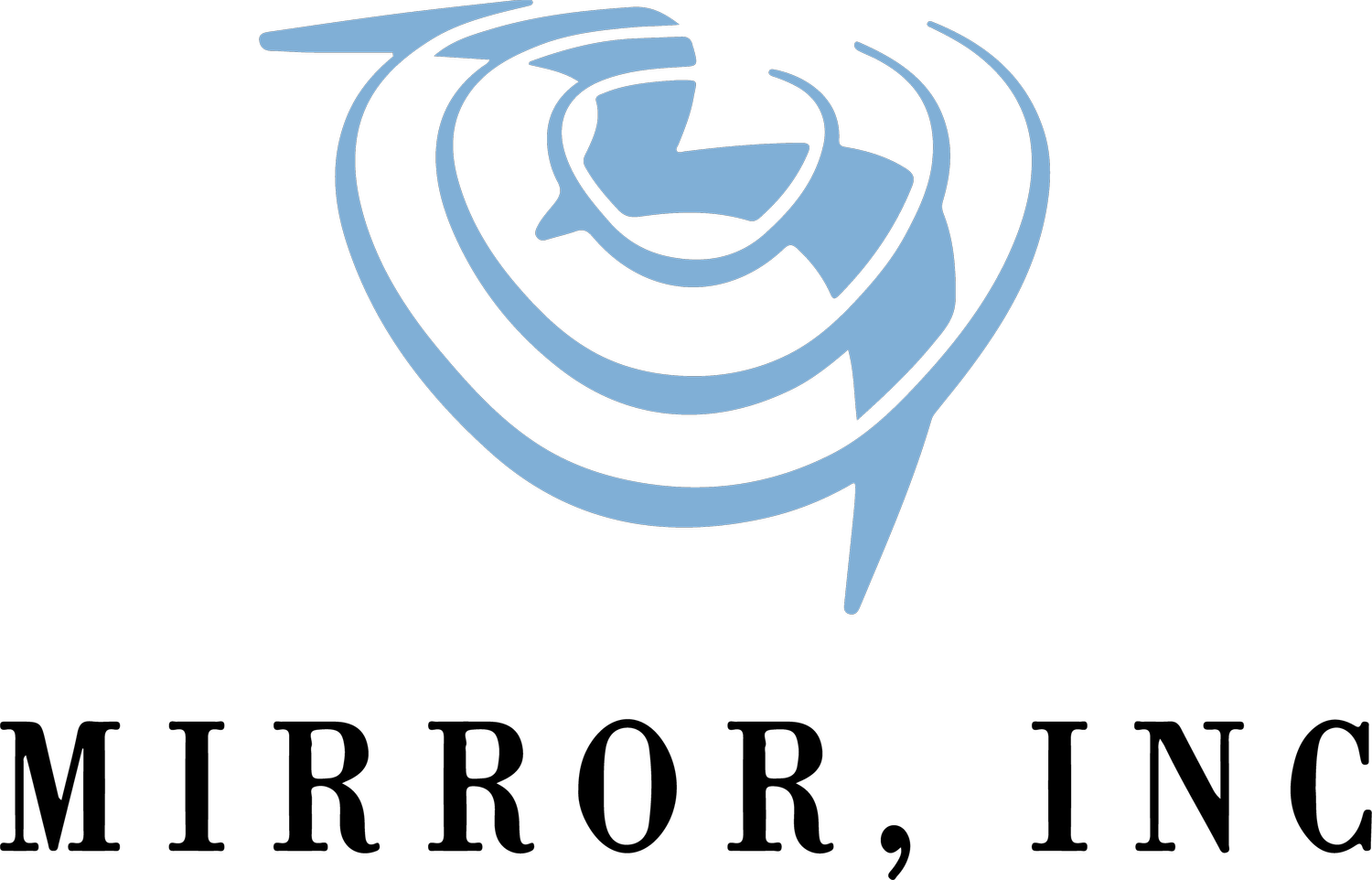Holiday Blues: How to Cope with Seasonal Stress
Holidays are to be a time of cheer, joyfulness, and celebration. Not all people have the same warm, excited feelings associated with seasonal holidays, and that is okay. With more research being done in the mental health field, it is important to discuss and address seasonal affective disorders (SADs).
As the seasons change to fall and winter, there are multiple factors playing a role in how we feel. The days get shorter and colder, which limits the amount of natural light we can access. Studies show there are multiple benefits to higher levels of natural light- some being increased productivity, mood improvements, and even quality of sleep. The National Institute of Mental Health states, “SAD is not considered a separate disorder but is a type of depression characterized by its recurrent seasonal pattern, with symptoms lasting about 4 to 5 months per year.” As symptoms of depression begin to occur, it heightens the likelihood of seeking behaviors used to cope.
If individuals are not aware of positive, productive coping mechanisms, they may turn to substance use. According to American Addiction Centers, “Up to one third of clinically depressed people engage in drug or alcohol abuse.” It is important to keep in mind such individuals are attempting to self-medicate. Rather than shun those seeking or using substances as a coping mechanism, we should be offering help and seeking understanding. There are many ways to offer help to a loved one or friend who may be dealing with depression. The most important step is to let them know you are there to help.
Depression can lead someone to feel isolated which can often lead to intrusive thoughts making it hard for them to reach out. Making suggestions of positive coping mechanisms such as calling a friend, journaling, listening to music, or partaking in a physical activity may be helpful. Another suggestion is to help put a plan in place in case of a SAD episode. For example, if they begin to have negative thought patterns they cannot seem to get out of, they can text a trusted family member or friend a code word. This established code word could be their means of seeking help or notifying the individual of their mental state. The Zero Suicide Initiative conference also shared a helpful concept which is to write out steps to seek help at varying levels of depressive states. This could include who to reach out to, whether it be a family member, friend, or mental health provider. Clarifying levels of mental states, and which organization or individual would be the best to contact, is beneficial when someone may not be in the right state of mind to process complex thought processes.
Those who are impacted by SAD are encouraged to create plans to assist themselves through the seasonal blues. Identify a trusted friend or family member who will help you through this process. If you do have thoughts or urges of substance use, attend meetings developed for those who have similar struggles, such as Alcoholics Anonymous, Narcotics Anonymous, or other varieties of organized meetings for those in and seeking recovery. It is important to identify local services offering mental health and/or substance use disorder treatment services to assist in the process of recovery. Most importantly, it is key to know that you are not alone in your journey.
References:
https://www.nimh.nih.gov/health/publications/seasonal-affective-disorder
https://www.nimh.nih.gov/health/publications/seasonal-affective-disorder
https://americanaddictioncenters.org/treating-depression-substance-abuse
For more information please call us at 316-217-5012


